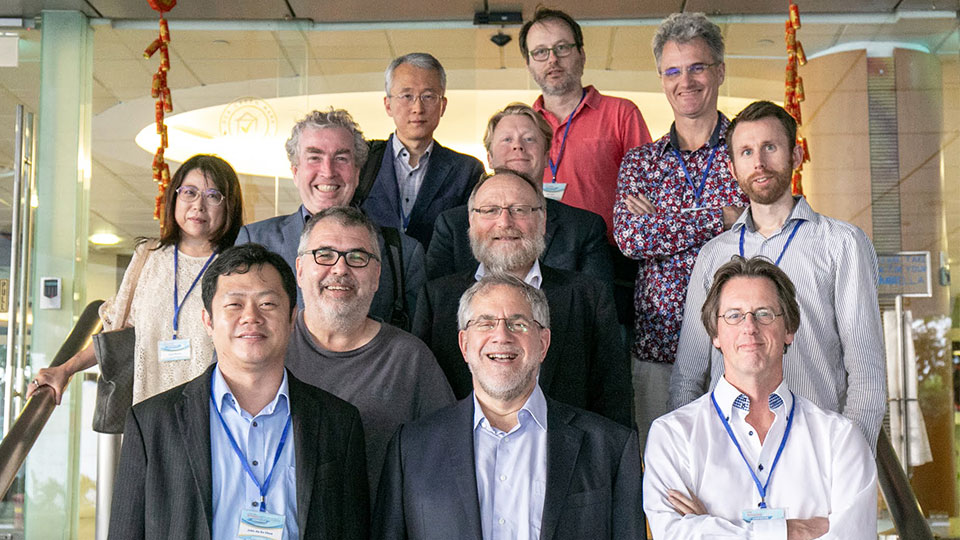Brain researchers worldwide assemble knowledge of synapses online
Published: 04 Jun 2019

Synapses, the specialised contacts between brain cells, are the fundamental information processing units of the brain, and synaptic dysregulation is central to many brain disorders (‘synaptopathies’). Systematic information resources for the synapse are currently lacking.
1112 synaptic genes
SYNGO, a collaboration of 15 expert labs worldwide and the Gene Ontology (GO) Consortium, has released an online portal, which aims to represent the current scientific knowledge about synapses in structured frameworks, called ontologies. The release of SYNGO 1.0 is supported by the first scientific publication in the leading journal Neuron.
SYNGO 1.0 is releasing 2922 ontology-based descriptions of 1112 unique synaptic genes, compiling published experimental information about the localisation and function of the gene-products at synapses, according to standardised principles. This compiled information is both human-readable and machine-readable. SYNGO is fully integrated in the Gene Ontology (GO) knowledgebase, the world’s largest source of information on the functions of genes.
Exceptionally well conserved
In the paper published in Neuron, SYNGO 1.0 was used to show that synaptic genes are exceptionally well conserved in evolution and much less tolerant to mutations than other (brain-expressed) genes. Many synaptic genes are significantly overrepresented among gene variation associated with intelligence, educational attainment, ADHD, autism and bipolar disorder. Synaptic genes are also strongly overrepresented among de novo variants associated with neurodevelopmental disorders including schizophrenia.
The Synapse community
SYNGO was established by Steven Hyman and Guoping Feng of the Broad Institute of Massachusetts Institute of Technology and Harvard University, and coordinated by Guus Smit and Matthijs Verhage from Vrije Universiteit Amsterdam. The GO Consortium was established by Paul Thomas at the University of Southern California.
Assistant Professor John Chua Jia En, Department of Physiology at NUS Yong Loo Lin School of Medicine (NUS Medicine), is a senior co-author of the paper. He is a member of the SynGO consortium and is actively involved in SynGO’s efforts, in particular, as an expert curator. Dr Chua organised the inaugural and highly successful SynGO symposium and workshop that was held at the National University of Singapore in February 2019, which was supported both by the Stanley Center, Broad Institute, as well as by the NUS Medicine Department of Physiology. The event introduced the SynGO platform to the local research community and connected the community with key members of the consortium.
SYNGO started with building consensus ontology, annotation and curation by key opinion leaders in the field. The current SYNGO database relies on the active participation of the Synapse community, together forming the contributors to new entries. SYNGO has a transparent, open structure for synaptic annotation with minimal a priori decisions. Additions or changes to the database can be made on the portal via www.SYNGOportal.org.

